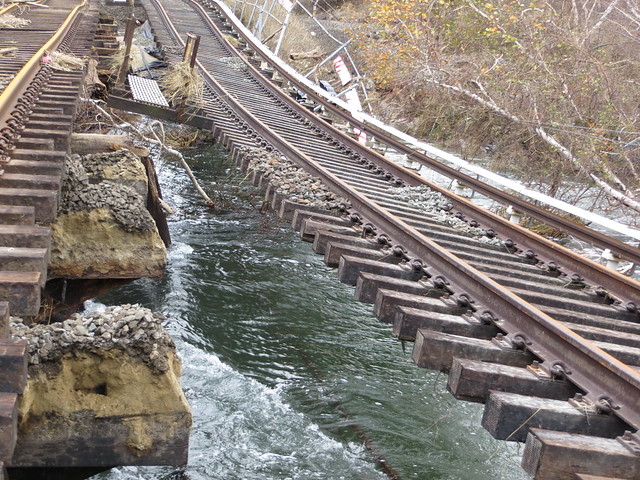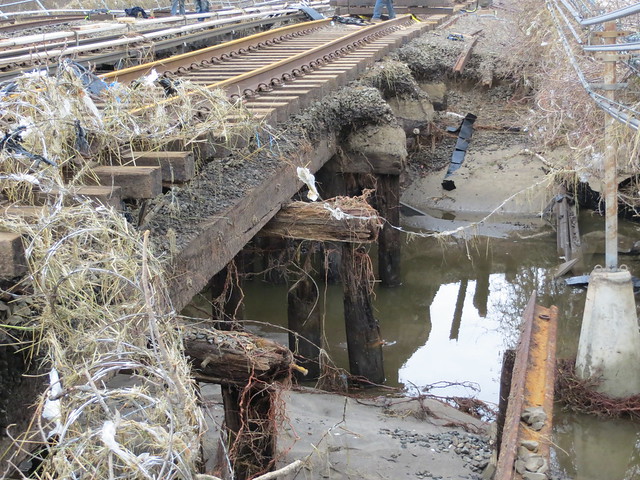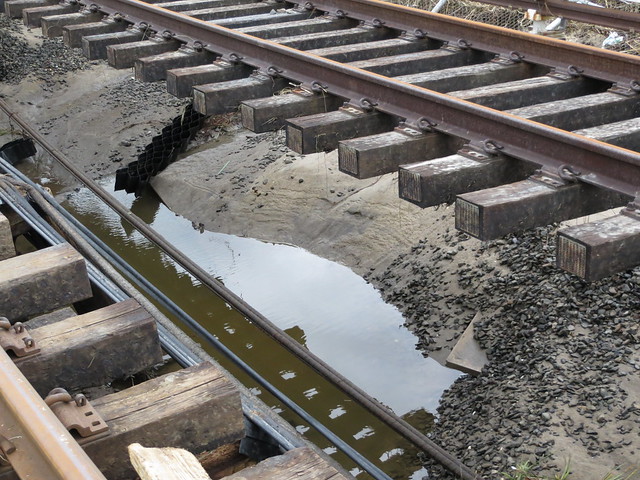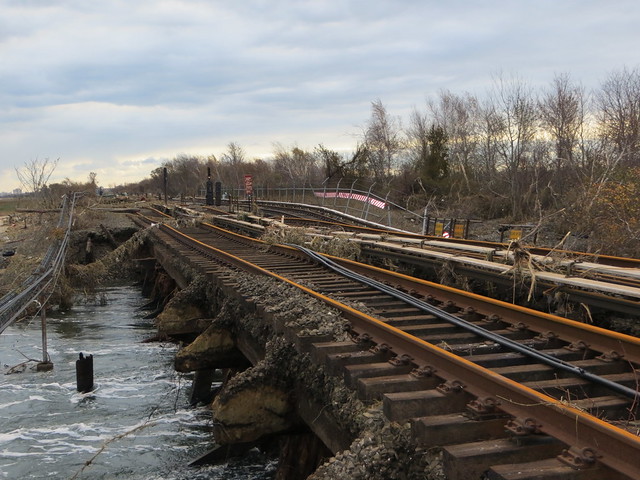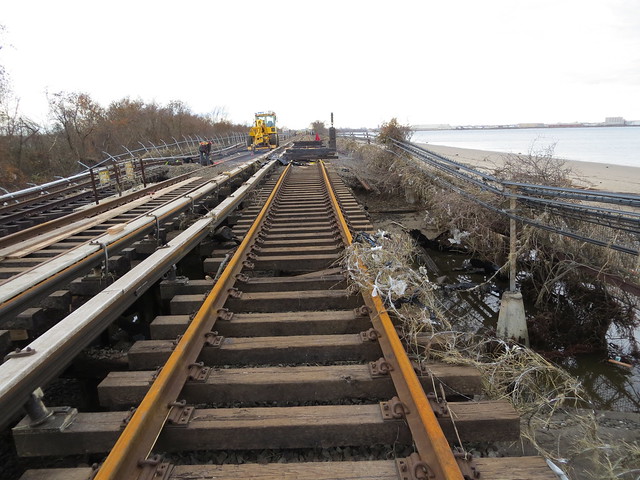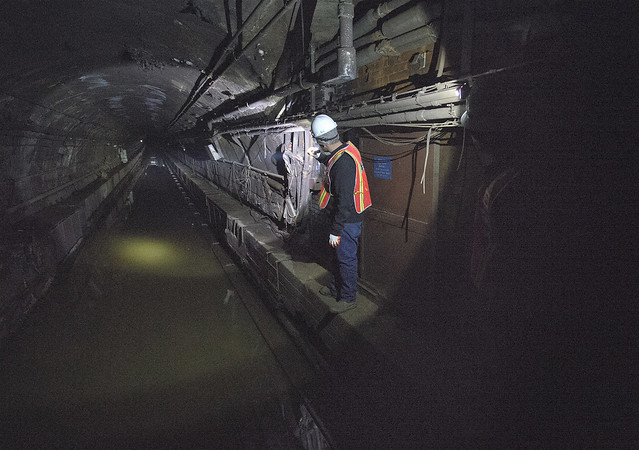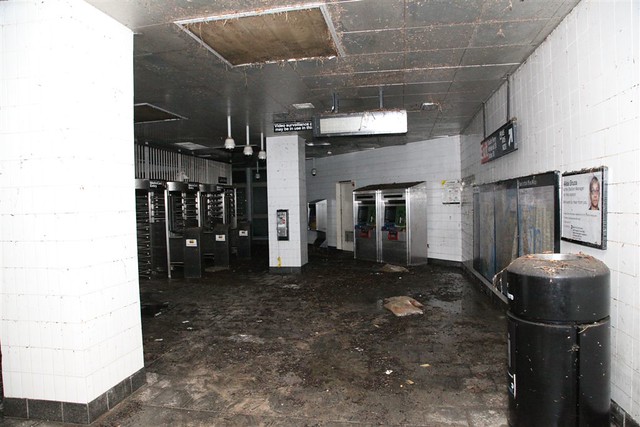As the region’s transit network struggles to regain its footing now ten days after Sandy swept through the area, the MTA and TWU are squaring off over employee pay for the hurricane days. With the transit network down last week, few New Yorkers could get to work, according to a missing from TWU President John Samuelsen, the MTA promised to pay workers who could not get to their jobs on October 29 and 30. Now though, Samuelsen alleges that the MTA is reneging on its deal.
In a statement, the TWU head had some harsh words for his Transit counterparts.
Today the MTA reneged on the agreement they made with TWU Local 100. They have thoroughly demonstrated that their word means nothing, and that they do not know the meaning of good faith.
In some departments, we were outright told to stay home with pay for Monday and Tuesday. We were not given the option of coming into work. In every department, we were prevented from getting into work because of the decision of the Governor to shut the system down. The decision was not ours and we should not have to bear the cost.
By this decision, management shows what they truly think of the round the clock effort we have made to get the bus and subway system back running after Hurricane Sandy. They show how little respect they have for their workforce. During the hurricane, and then during the mammoth effort to restore service, the MTA praised local 100 for the incredibly difficult work we performed. But actions speak louder than words, and we must never forget this assault on our paychecks. Every worker at the TA, OA and MTA Bus should remember this when asked to make an extra effort “for the good of the service”. Unfortunately, the MTA does not deserve our “extra effort”.
New York City Transit President Thomas Prendergast though had a different take on the matter. Transit has promised to pay everyone who came to work and those who could not as long as the latter group phoned in to explain their absence. In the much the same way that you or I must call my supervisors if I can’t make it to work, so too did Transit expect their workers to do. “If someone never called in, never let us know what they were going to do, and never came into work, we’re not going to pay them,” Prendergast said to The Daily News. Transit officials do not want to set a precedent of paying workers who “shirk[ed] their responsibilities” during the storm because it could lead future employees to do the same during the next emergency.
Don’t forget: It’s now been nearly 11 full months since the last TWU contract expired, and labor negotiations have no been progressing quickly or steadily. This is but the latest salvo in a key battle over the MTA’s short- and long-term budgetary future.


